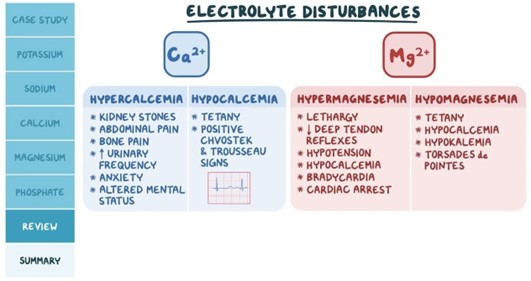The nurse is caring for a client who recently had surgery on her left hip. What should be the priority teaching for the patient after surgery to prevent complications?
Use of the incentive spirometer
Breathing rapidly to prevent pneumonia.
There is no need to teach the patient after surgery.
Use of chest tube
The Correct Answer is A
The use of an incentive spirometer is essential after surgery to prevent complications such as pneumonia and atelectasis. Atelectasis is the collapse of air sacs in the lungs, which can occur after surgery due to decreased respiratory effort and shallow breathing. An incentive spirometer helps the patient take deep breaths and increase their lung volume, preventing these complications.
Breathing rapidly to prevent pneumonia (option b) is not recommended as it can lead to hyperventilation and other respiratory complications.
Option c is incorrect because patient education is a crucial aspect of post-operative care, and the patient needs to be aware of the potential complications and how to prevent them.
The use of a chest tube (option d) is not usually required after hip surgery, and it is not a priority teaching for the patient.
Nursing Test Bank
Naxlex Comprehensive Predictor Exams
Related Questions
Correct Answer is ["A","B","E"]
Explanation
These are all electrolyte imbalances. Hyperkalaemia is an elevated level of potassium in the blood. Hypocalcaemia is a low level of calcium in the blood. Hyponatremia is a low level of sodium in the blood. Thrombocytopenia and anemia are not electrolyte imbalances. Thrombocytopenia is a low platelet count and anemia is a low red blood cell count or low hemoglobin levels.

Correct Answer is C
Explanation
Booster seats are recommended for children between the ages of 4 and 8, or until they are 4'9" tall. This is because seat belts are designed for adults and may not properly fit a child's smaller body. A booster seat helps to position the seat belt correctly on the child's body, improving the effectiveness of the seat belt and reducing the risk of injury in the event of a crash.
Option a is incorrect because 10 years old is too old to need a car seat. Option b is incorrect because children under the age of 8, or under 4'9" tall, should not use a seat belt alone. Option d is incorrect because car seats are recommended until children are at least 4 years old, not 3.
Whether you are a student looking to ace your exams or a practicing nurse seeking to enhance your expertise , our nursing education contents will empower you with the confidence and competence to make a difference in the lives of patients and become a respected leader in the healthcare field.
Visit Naxlex, invest in your future and unlock endless possibilities with our unparalleled nursing education contents today
Report Wrong Answer on the Current Question
Do you disagree with the answer? If yes, what is your expected answer? Explain.
Kindly be descriptive with the issue you are facing.
